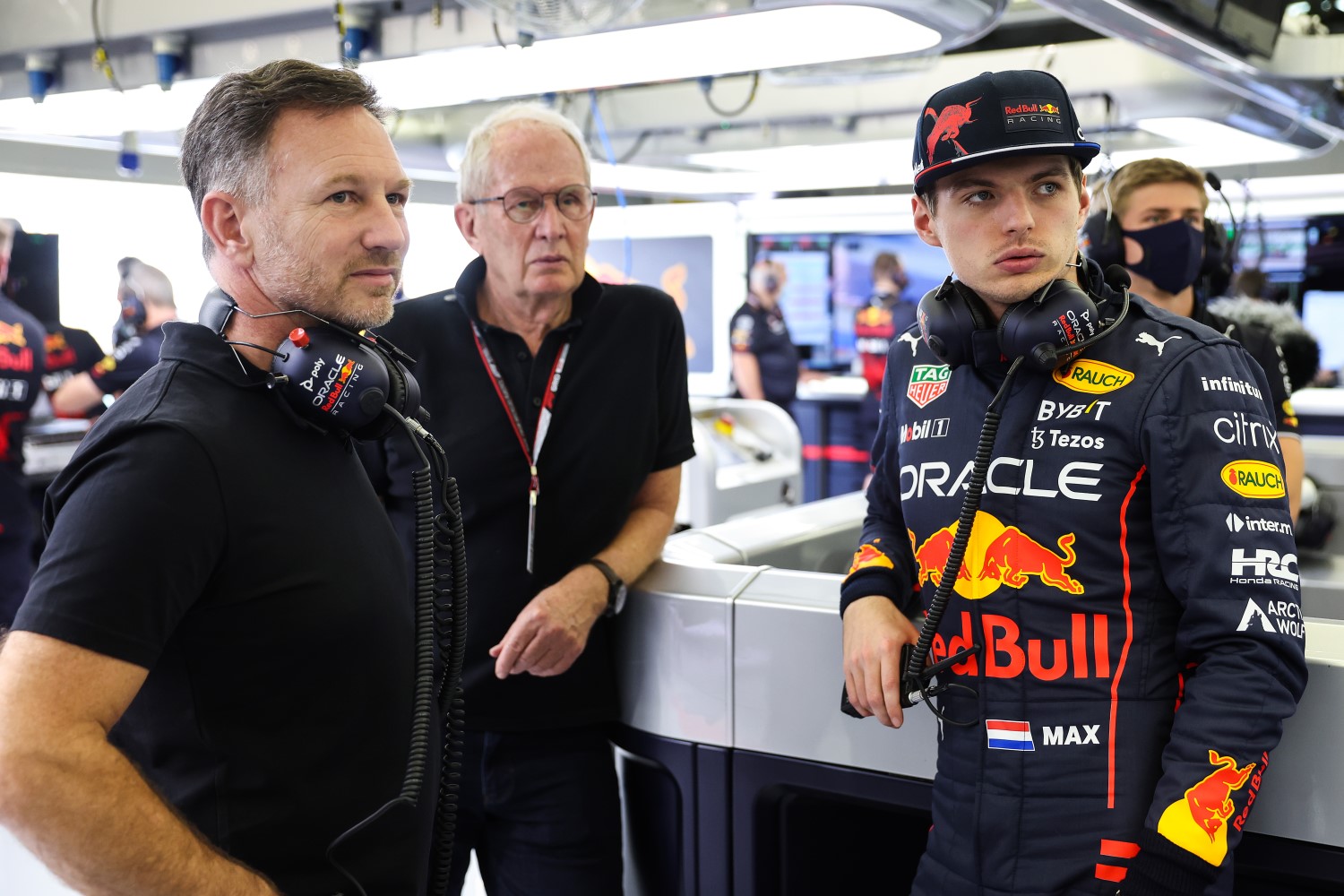F1: What makes a championship winning team?
There are countless different sports out there, football, basketball, soccer, tennis, hockey, equestrian sports and motorsports, led by Formula 1 as the pinnacle.
In many sports like football, basketball, and soccer, it is obvious that there is a team at play to make the outcome what it is. And that’s exactly the case with motorsports and F1. While the driver is who the fans cheer for, in reality the team is equally important.
But, when it comes to the sports betting spreads, we should also be taking into account all the factors that make winning possible.
Now, we will look at the overall team, what the important parts are and more.
While most of this is obvious to the hardcore fans, F1 has so many new fans, young fans, that are still coming up to speed with all aspects of their new-found love and this article is primarily for them.
Driver Skill
The driver’s skill is obviously important. Being able to properly handle the car is key. An F1 car needs to be able to hit its limits, which requires a bit of physics understanding, and a driver needs to be able to take the car to the very limit of tire adhesion, and sometimes a bit over. The fastest drivers can drive a car loose – the tail slightly hung out, the tires slipping across the pavement.
Drivers of F1 cars go through a lot of training and need to constantly be in top physical shape to handle the heat and physical forces on the body. They must also be able to understand and use new technology, communicate what the car needs to the engineers, be fast thinkers when the unexpected happens on the track, have the ability to concentrate in the heat of battle with few mistakes, and know how to pass your competitors on the track, i.e. race craft.
Engineer
Engineers are super important – they design the car that enables it to be fast. However, with a F1 car, these cars need to be reliable, with speed, and good handling. This means they need a skilled engineering team to design the car to be light, aerodynamically efficient, have good mechanical grip, and be strong enough to withstand the harsh environment in which it must operate.
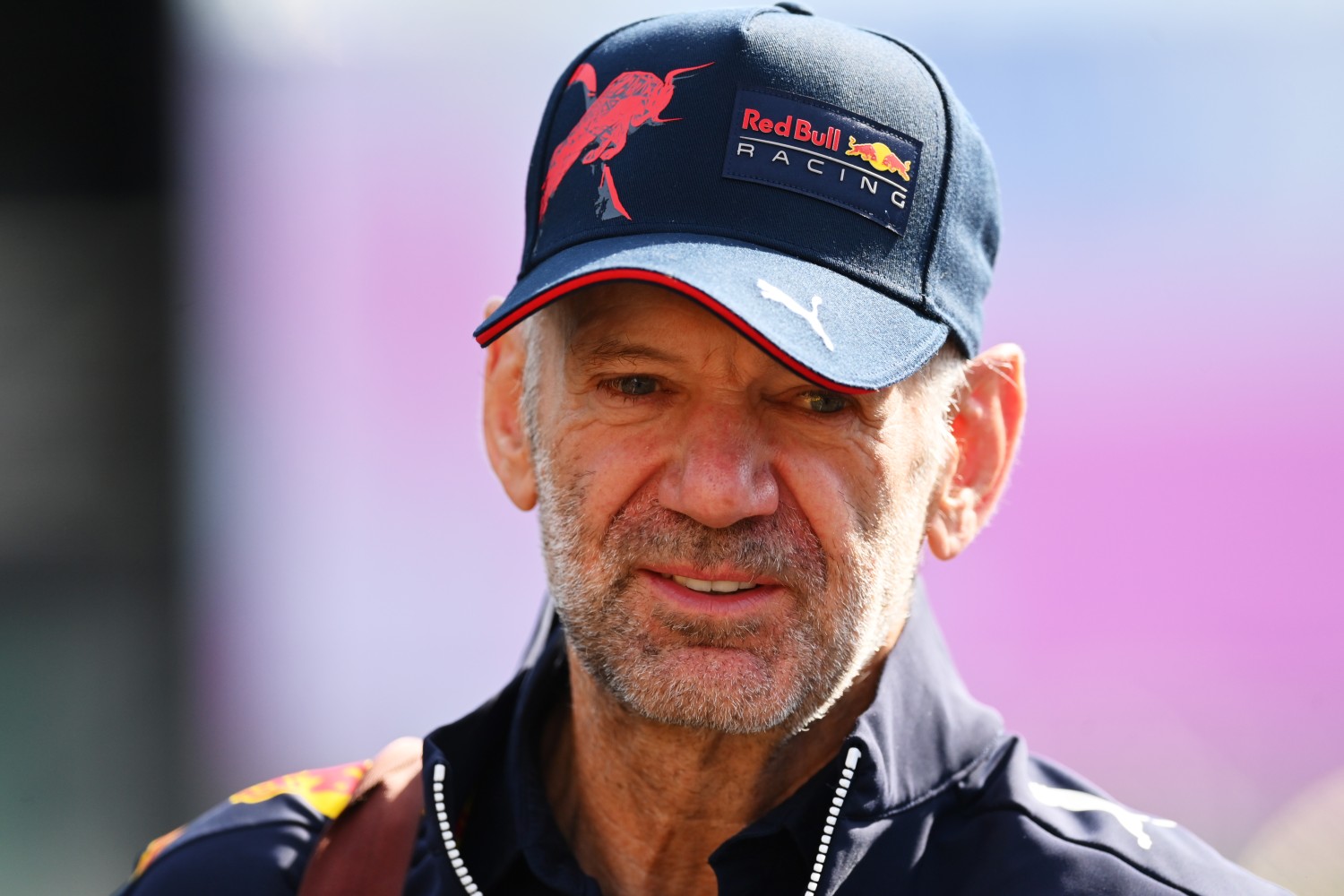
Having a good engineering team and head engineer can be the difference between a car that wins and one that is too slow, or is unreliable.
In F1, unlike other forms of motorsports, each team must design and build their own car, and every year the car is 99% new as compared to the previous year.
Team Owner/Budget
It may seem harsh, but you cannot run a good F1 car on pennies. You might want to, but that’s not the way the world works. A high budget is key to being able to afford a good team, and then being able to afford upgrades, the best personnel, and to pay the best drivers available.
The budget will dictate what a team can and cannot do, and who they can and cannot afford to have on their team. The higher your budget, the better your team and materials typically are.
The owner of an F1 team must have deep pockets. Many are billionaires. Some are car manufacturers (Mercedes, Ferrari, Aston Martin, Renault/Alpine, Alfa Romeo, McLaren, etc.
They also must have marketing people who can land sponsors who write big checks.
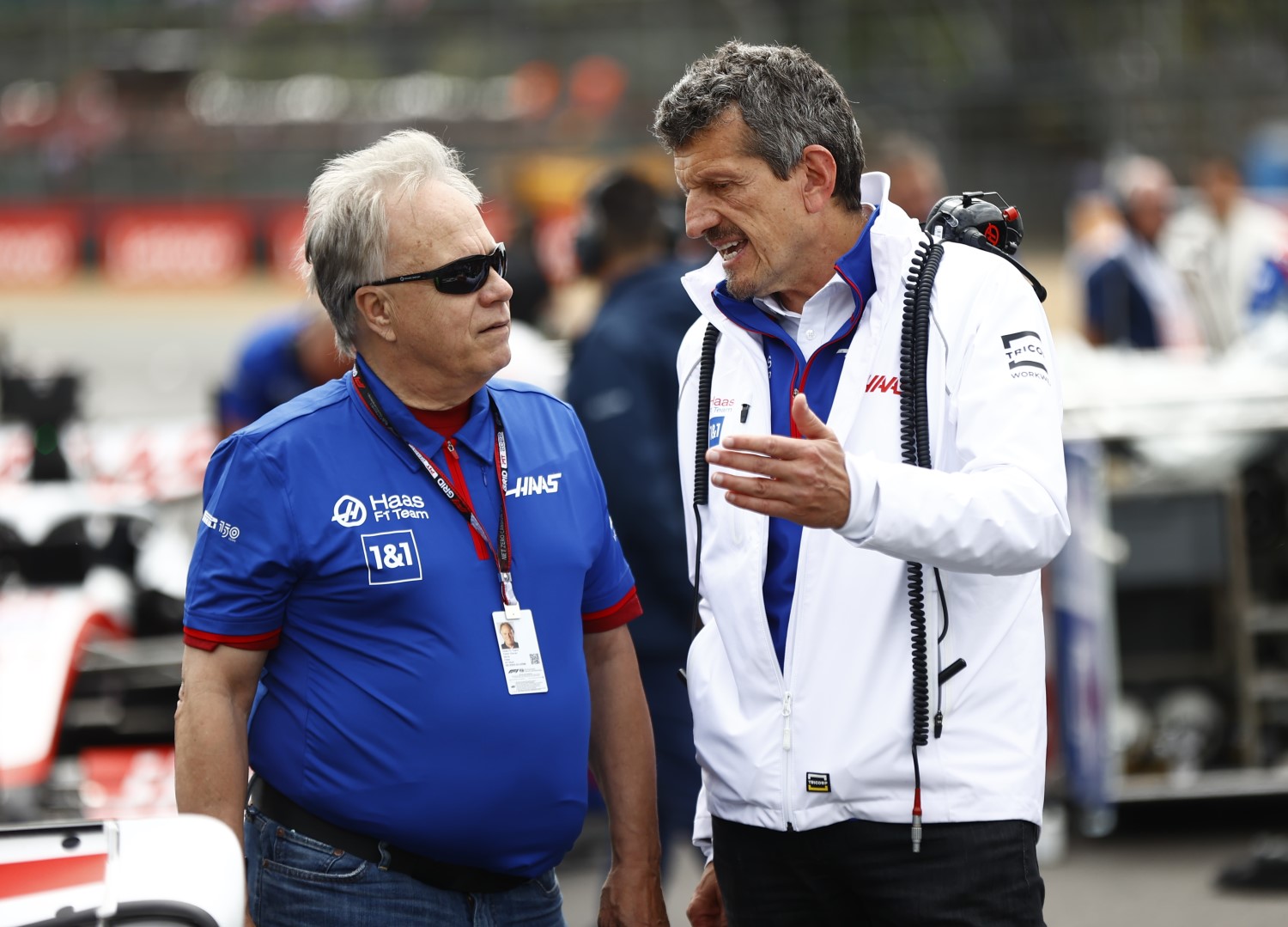
Reliability
A good engineer and their team will ensure vehicle reliability. An F1 car needs to be reliable. These cars zip around tracks at insane speeds.
A car that breaks down or has problems on the track will not be a winning car. So, you need that reliability to be able to win.
Sure, mistakes happen, and hiccups are expected with anything, but reliability is extremely important and keeping a vehicle as reliable as can be is the job of the mechanics and engineers.
Fast Pit Stops
The pitstop team cannot drag their feet when their car pulls in for a pit stop. A slow pit stop means time lost on the track, so teams need to learn how to do everything needed, and do it fast.
A speedy pit stop can be the difference between winning and losing. A slow pitstop in F1 is 3 seconds or more, while a fast pitstop is around 2 seconds – to change 4 tires and make a quick wing adjustment or two.
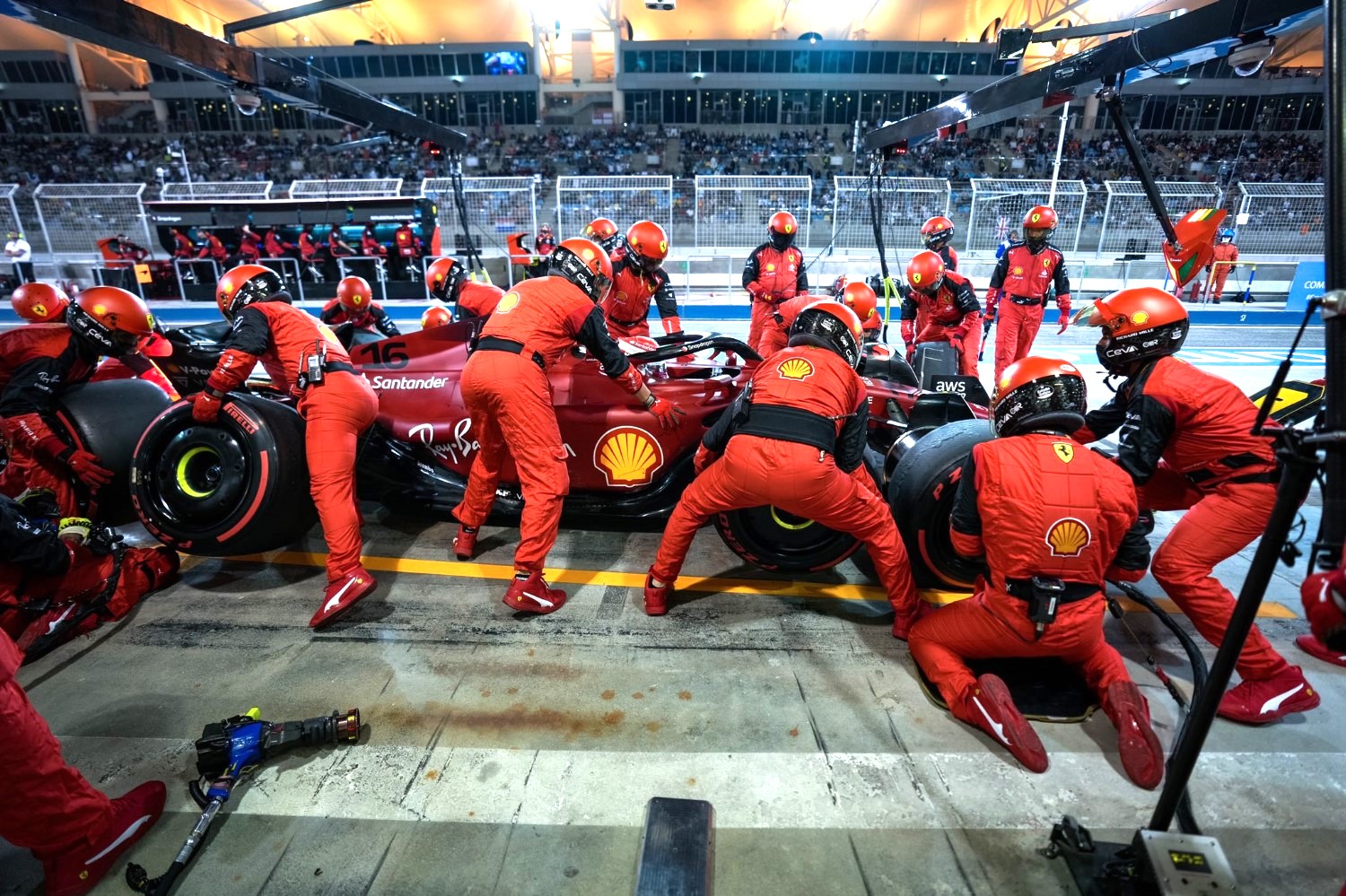
Race Day Strategy
Strategy is half the game here. It might look like the driver just gets behind the wheel and wings it, but this is not the case. Everything is delicately planned out, everyone is in contact with each other, and a race strategy will have been planned out.
How hard can a driver push without destroying their tires early, what are the pit windows, what tires will go on – hard, medium or soft – and do you pit early for the undercut or late for the overcut.
Much like in sports, gambling, and business plans, making quick strategy changes as the race unfolds and situations warrant is vital.
As we have seen with Ferrari this year, they have the fastest car but usually lose because of poor race strategy.
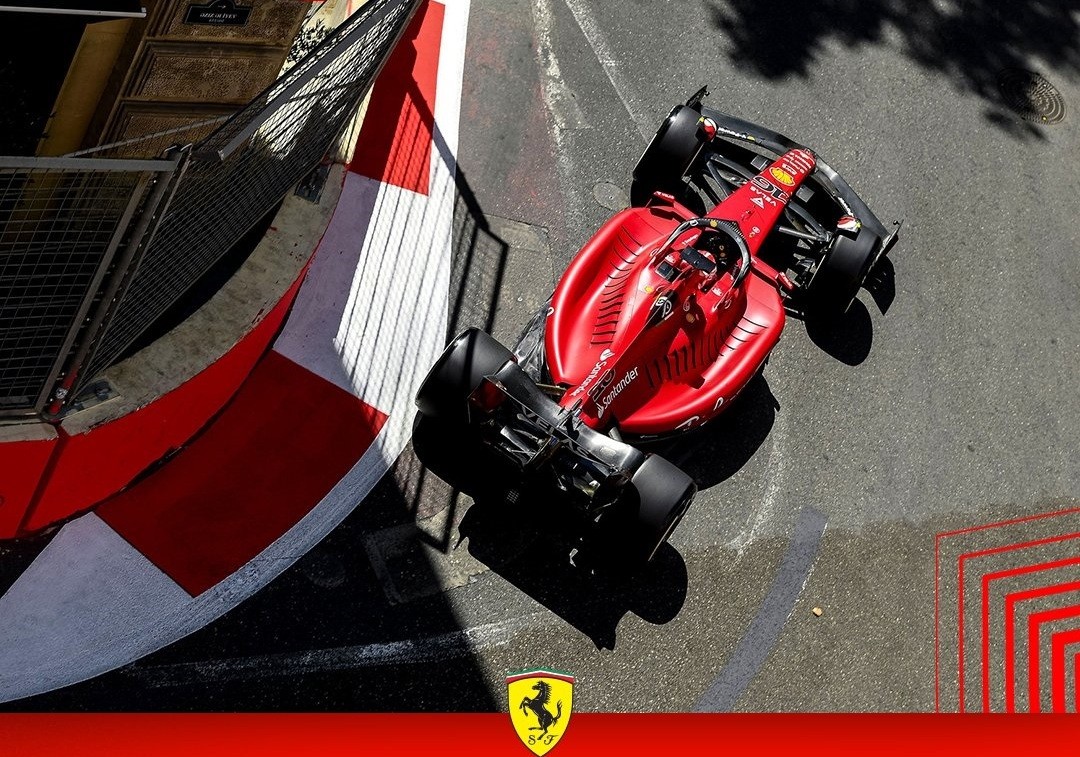
Playing the politics
Every industry has politics, and every team pushes the design of their car to be at the limit the rules allow. But some teams cross over the line, and when they do, other teams lobby the FIA or race officials, to slap their wrist.
With so much at stake in winning in F1, playing the political game the best is important.
Just ask the most political of all – Mercedes and their team boos Toto Wolff
In-Season Upgrades
Upgrades are important, and the team that develops the car the best as the year progresses, and stays within the budget cap, usually wins the championship
Some Luck
With motorsports, there is always an element of luck because the equipment is so complicated and if a faster competitor breaks down or crashes, you could still end up winning.
Just like anything else, you can plan ahead, have a great team, with fast pit stops, all the upgrades, and a high budget, but many others will too.
At the end of the day, any F1 race outcome is part luck.
No amount of preparation, planning, strategy and design can automatically win the race when so many other teams are doing the same thing.
